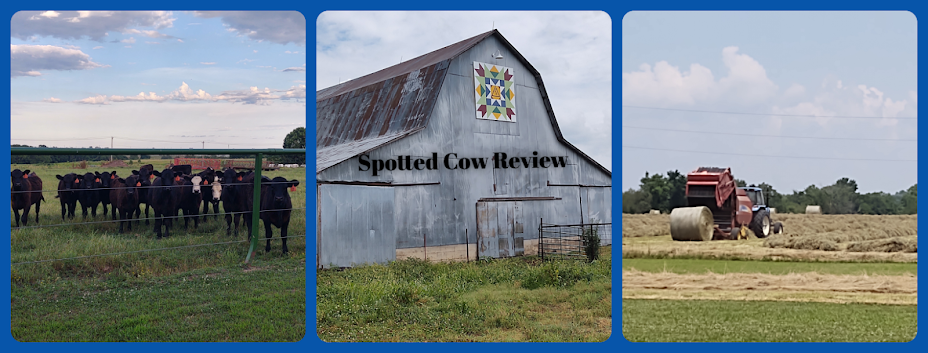During last month's dairy farm tours that I provided to the Northwest Arkansas home school students and their families, I was asked several times if we sold raw milk (unpasteurized milk) from the farm.
The simple answer was NO but it provided me the opportunity to share the facts about the benefits of pasteurization.
As a dairy farmer, mother and a nurse, I'm passionate about the importance pasteurization plays in providing safe milk and dairy products. Since the introduction of pasteurization more than a century ago, it has been recognized around the world as an essential tool for ensuring that milk and dairy foods are safe.
Although many states (including Arkansas) are now allowing the sale of raw milk (unpasteurized milk) it is a violation of federal law to sell raw milk for consumer use across state lines.
Pasteurization has helped provide safe, nutrient rich milk, and cheese for over 100 years and because of pasteurization, less than 1.5 percent of annual food borne illness outbreaks in the United States involve dairy foods.
Here are some proven facts about milk and pasteurization:
--Pasteurization DOES kill harmful bacteria.
--Pasteurization DOES save lives.
--Raw milk DOES NOT kill dangerous pathogens by itself.
--Pasteurizing milk DOES NOT cause lactose intolerance and allergic reaction.
--Pasteurization DOES NOT reduce milk's nutritional value.
Harmful bacteria can seriously affect the health of anyone who drinks raw milk, or eats foods made from raw milk. However, the bacteria in raw milk can be especially dangerous to people with weakened immune systems, older adults, pregnant women, and children.
Thanks to proven science and technology tools like pasteurization, dairy farmers will continue providing safe, high-quality milk for my family and yours!
Showing posts with label safe milk. Show all posts
Showing posts with label safe milk. Show all posts
Monday, October 2, 2017
Sunday, February 15, 2015
Dairy Q&A
Question:
Do you add hormones to the milk?
Answer:
No.
Bovine somatotropin (bst) is a naturally occurring protein hormone produced by a cow's pituitary gland. It regulates metabolic activities, helping young cattle grow and adult cows produce milk.
A small amount of bst is present in all milk, including organic products.
There is a supplemental hormone called rbst (recombinant bovine somatotropin) that can be administered to the cow by a farmer who is trying to increase the milk production to help ensure a plentiful supply of milk. Studies show that milk from cows treated with the supplemental hormone rBST is the same wholesome product that we have enjoyed for generations. This has been affirmed and reaffirmed by the U.S. Food and Drug Administration, and other leading health organizations.
The decision to not use a supplemental hormone on our cows is a decision due to consumer demand and is not related to any health or safety issue.
You can rest assured,milk is wholesome,safe and nutritious.
Tuesday, June 10, 2014
Milkin' Magic Down On the Dairy Farm
.jpg)
June Dairy Month is a great time to "open the barn doors" and provide show and tell for consumers of all ages. A couple of weeks ago, I was privileged to share our farm with young students from the Fayetteville Montessori School. They were very interested in finding out for themselves where the milk really comes from.
After explaining how we clean off the cow's udder and teats before the cow gets milked, several of the children wanted to touch and milk the cow.
Show, tell, and touch...
It's the perfect way to learn how milking equipment delivers milk directly from the cows to a refrigerated tank to preserve freshness and safety.
It's the milkin' magic...milk is never touched by human hands.
Dairy farmers are committed to providing a safe, steady supply of dairy products
everyday down on the dairy farm.
Subscribe to:
Comments (Atom)




.jpg)
.jpg)
